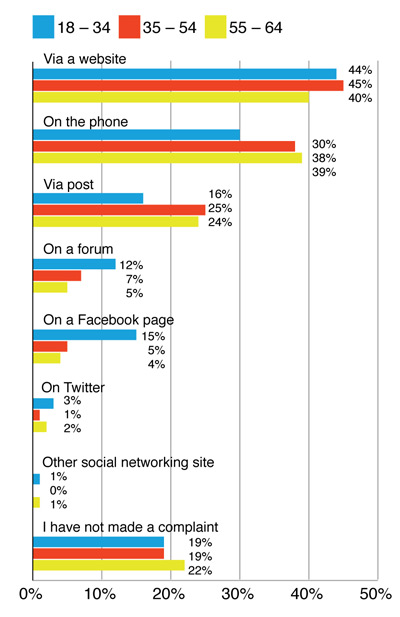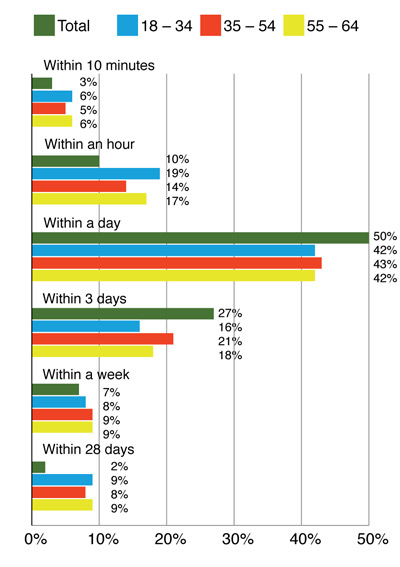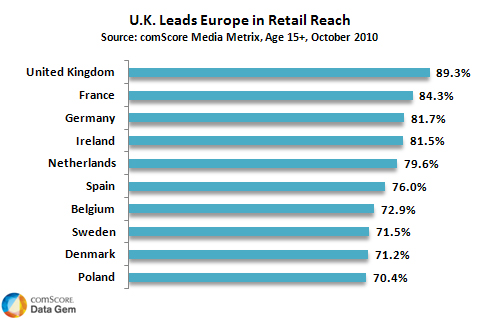People move, but their Facebook profiles stay the same. So if you are a lawyer that need to serve a court claim to an individual, Facebook may just be a good alternative to sending a letter. A lawyer at the law firm Stephenson Harwood has convinced the High Court in the UK to let him serve a court claim via Facebook to an individual that they could not locate the postal address of.
Jenni Jenkins, an associate at the law firm Memery Crystal, commented:
“The courts recognise the increasing power of social networking sites like Facebook. It’s all very well serving proceedings at a last known residential address, but people move house all the time. Your email or Facebook account moves with you.
“If a claimant can identify the defendant from their photo and establish that the Facebook account is active, this is a perfectly sensible way of serving a claim and giving the defendant an opportunity to respond.”
There are two key elements that make this practice possible. First, that you are able to convince the court that you have found the right Facebook profile and that it is active. Second, that this person lets anyone send him or her messages on Facebook (this is something that you manage in your security settings on Facebook).
Facebook is really becoming the number one means of connecting people with each other.



